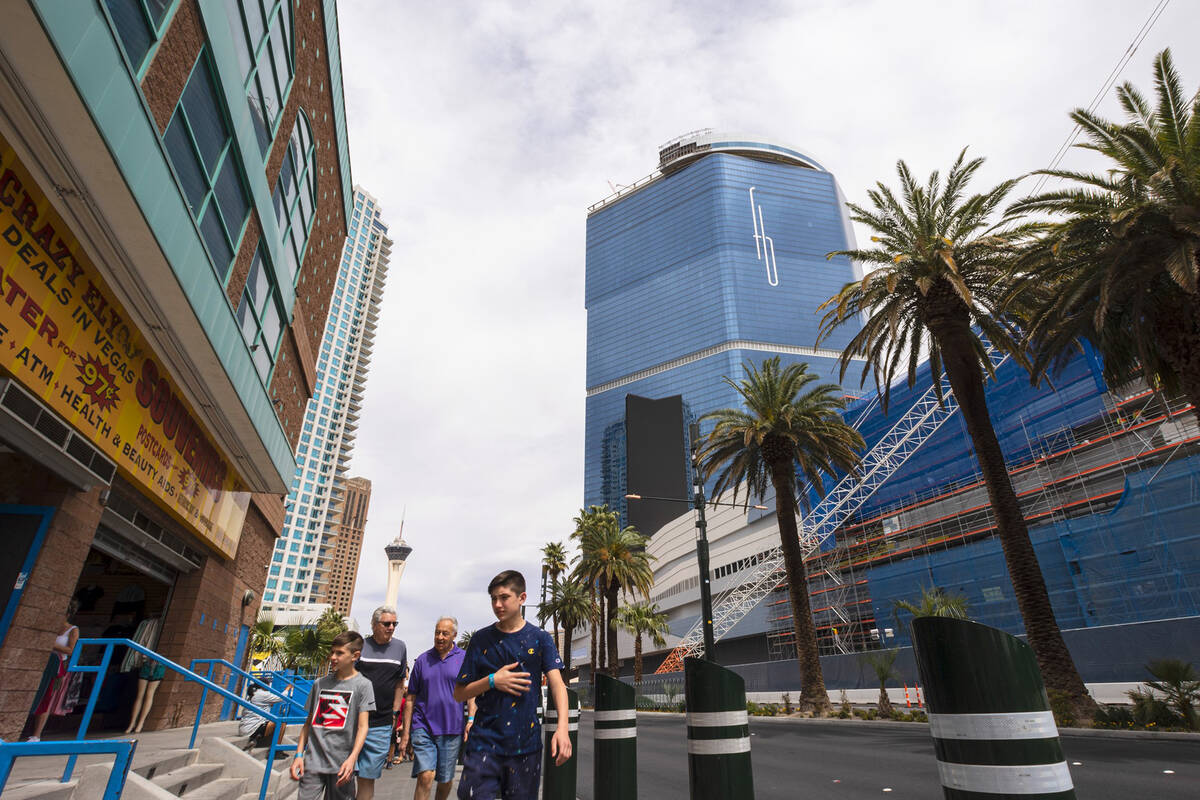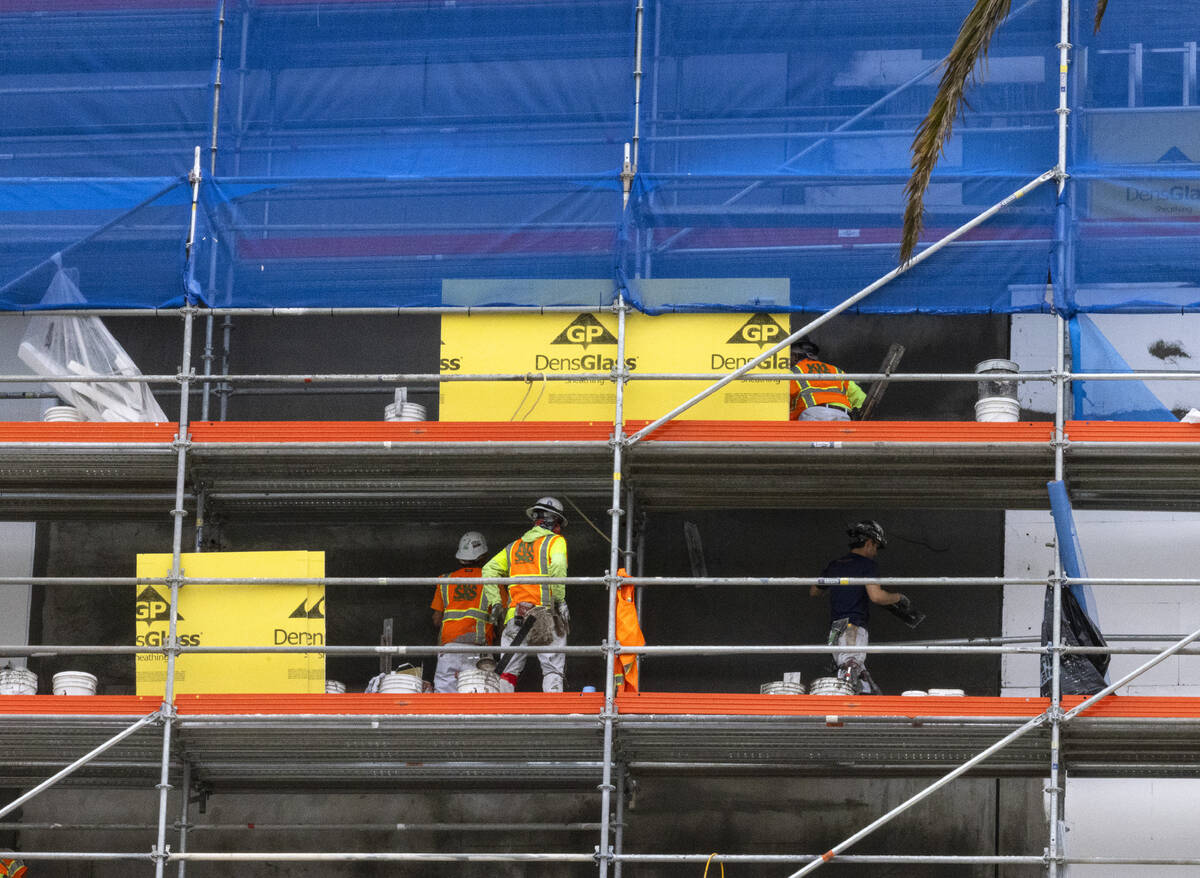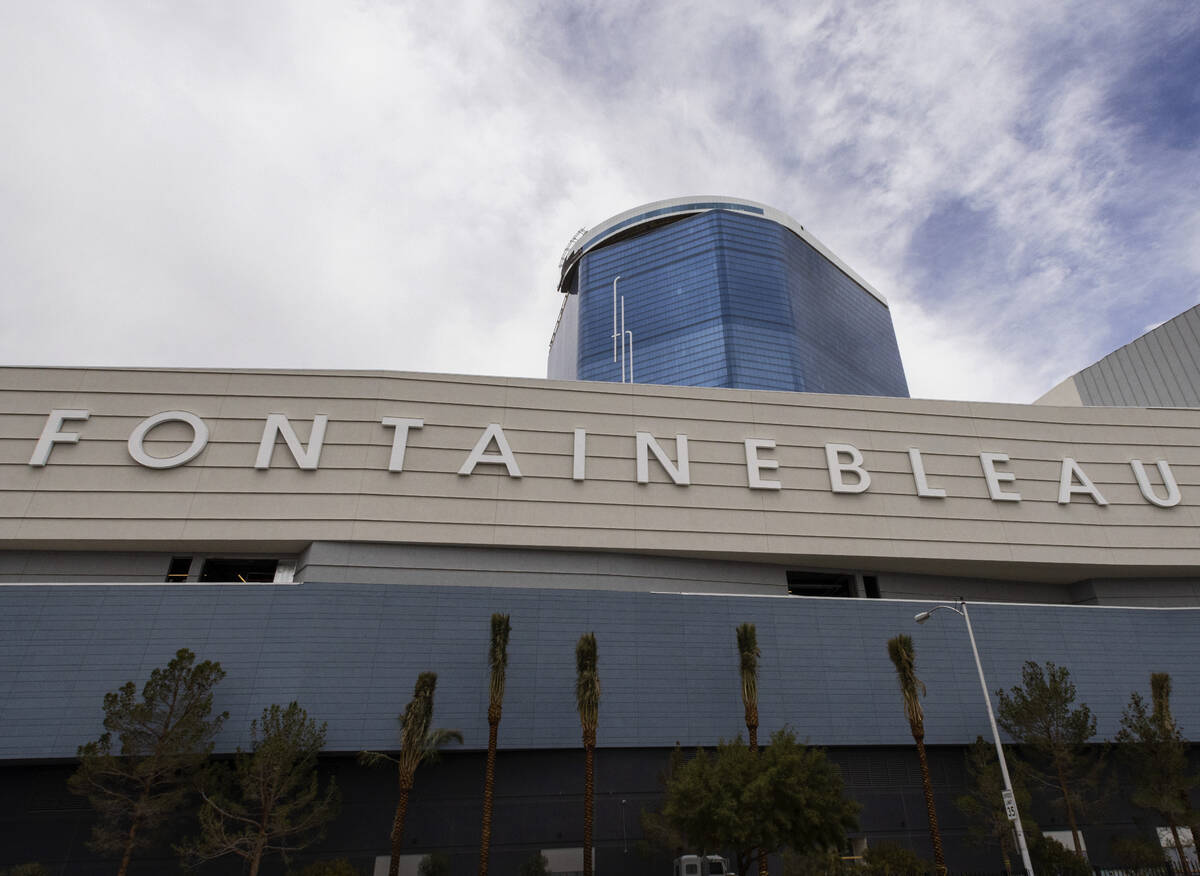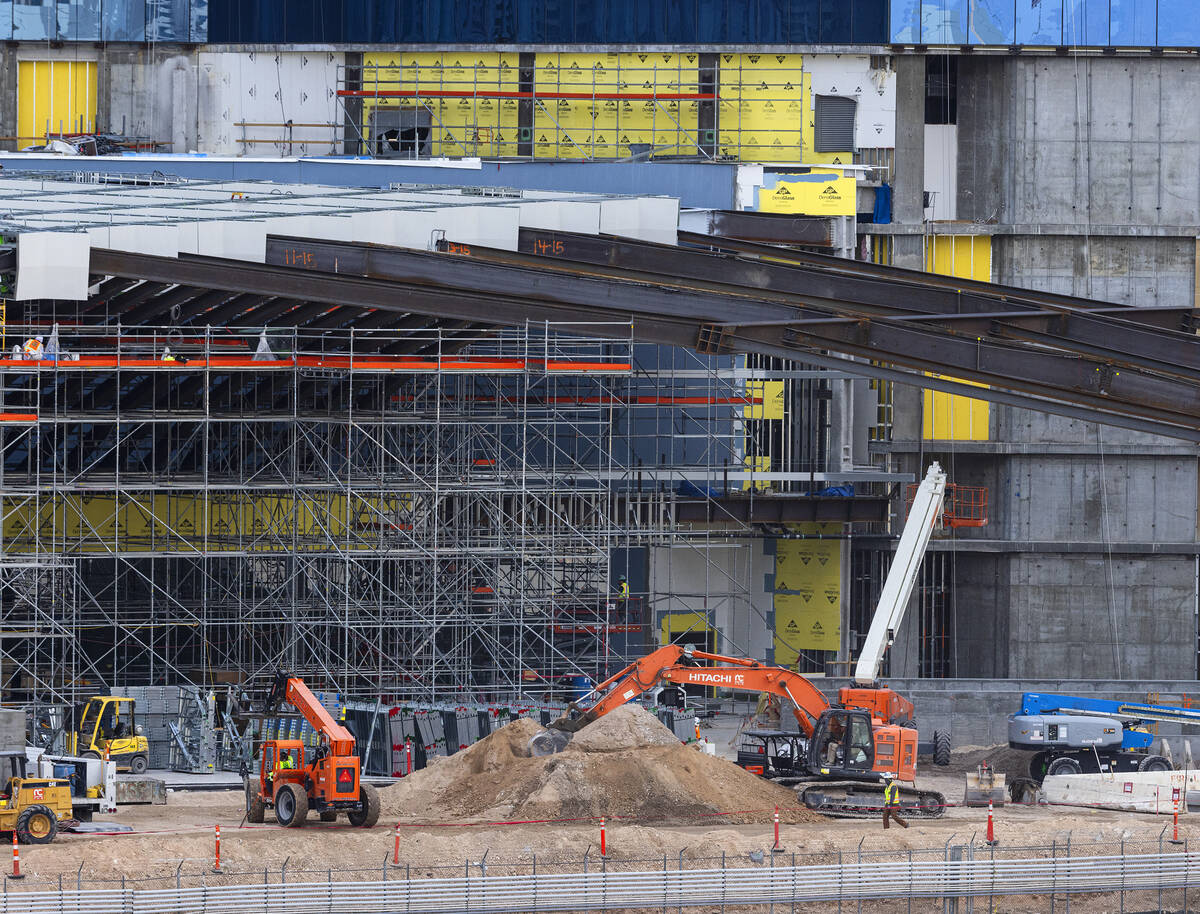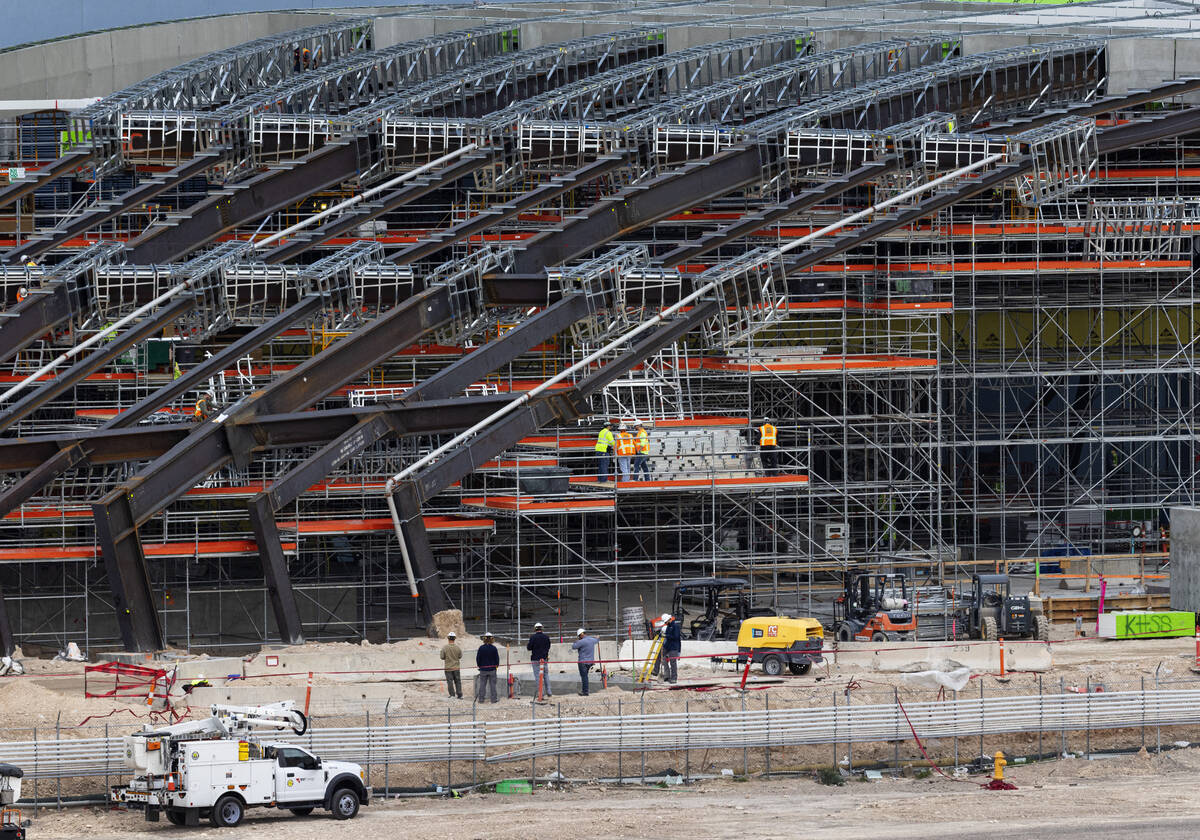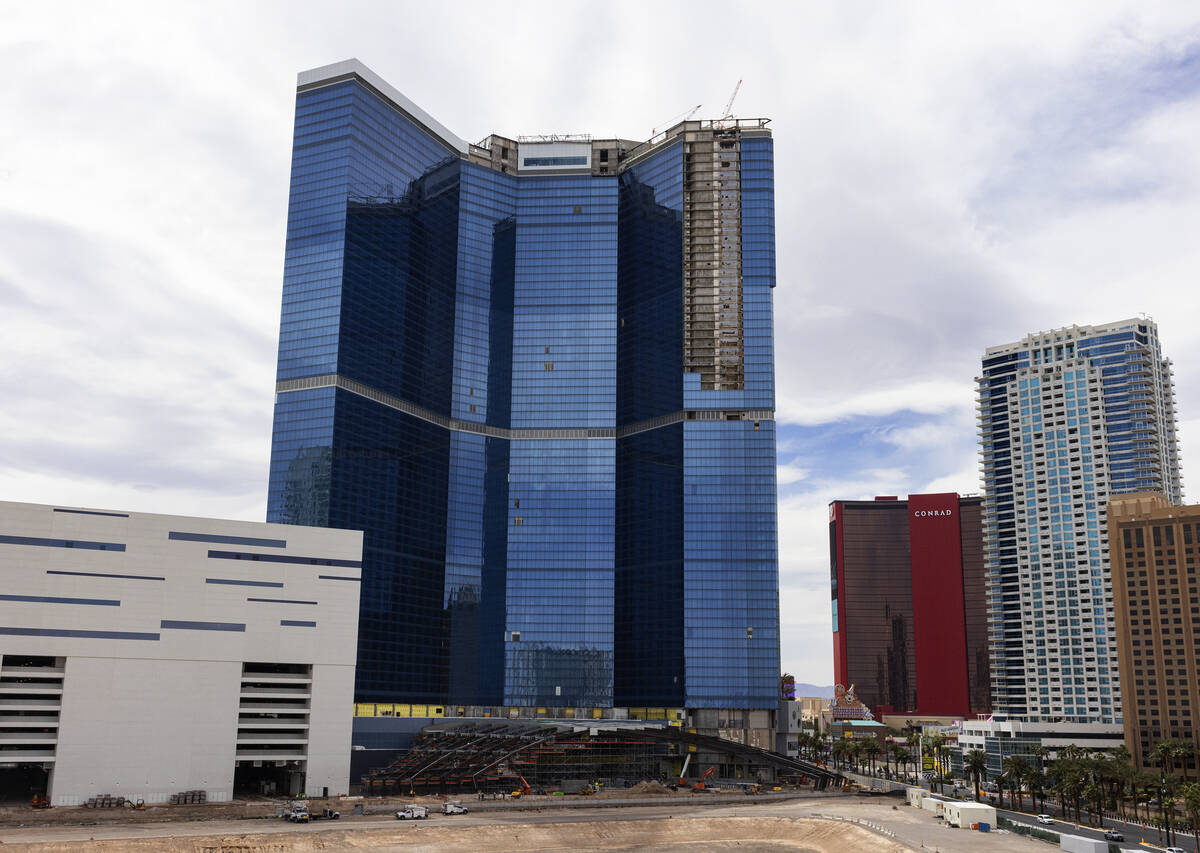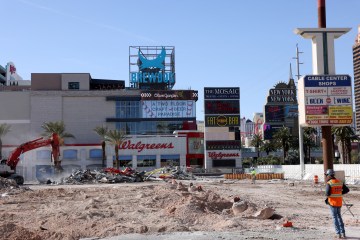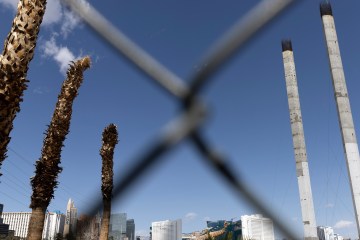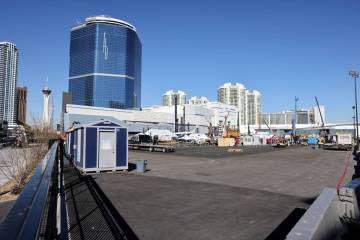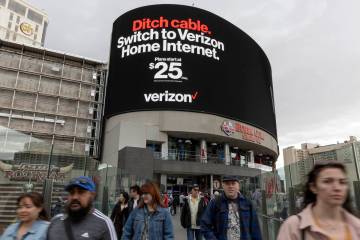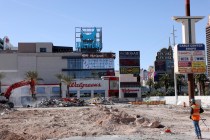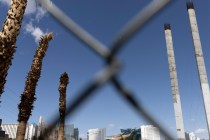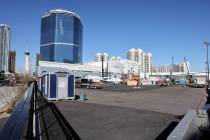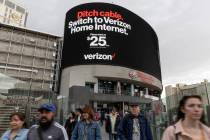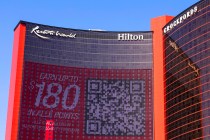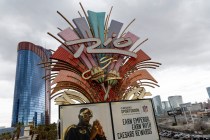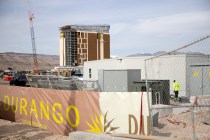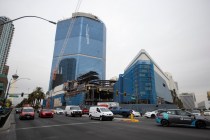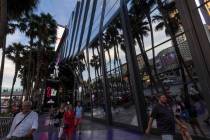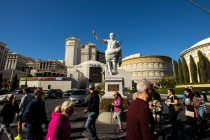Fontainebleau’s turbulent past mirrors Las Vegas’ up-down economy
In my nearly 11 years covering Las Vegas’ real estate market, the job was almost never boring.
Whether it was squatters taking over abandoned houses, big construction plans that came and went, or billion-dollar casino sales, Southern Nevada’s real estate market always churned out tons of news.
But with my switch to the Review-Journal’s investigative team this month, I wanted to look back at what has been the biggest real estate story in my time covering the market — a project whose turbulent history has mirrored Las Vegas’ roller-coaster economy.
That project, of course, is the Fontainebleau.
‘Symbol of resilience’
First unveiled during the mid-2000s bubble, the still-unfinished skyscraper on the north Strip went bankrupt after the economy crashed.
It stood in limbo for years and was sold to new owners, who announced a new name and new plan that got derailed by the pandemic.
The Fontainebleau’s original developer, Jeffrey Soffer, then came back to reacquire the property. He resumed construction and is set to open the 67-story hotel-casino in the fourth quarter this year.
“The arrival of Fontainebleau Las Vegas is a monumental achievement following years of anticipation and brings full circle our vision of hosting the iconic Fontainebleau brand on the Strip,” Soffer said in a statement Friday.
Soffer, chairman and CEO of Florida real estate firm Fontainebleau Development, said the resort “not only represents everything that we stand for,” including “sophistication” and top-notch amenities, but is also a “symbol of resilience, determination, and our unwavering commitment to our industry and the Las Vegas community.”
Over the years, that resilience has been tested, well, more than a few times.
‘Miracles still happen’
Soffer, who acquired the 1950s-era Fontainebleau hotel in Miami Beach in 2005, unveiled plans for the one on Las Vegas Boulevard that same year. He teamed with former Las Vegas casino executive Glenn Schaeffer on the project.
They broke ground in 2007. But the roaring real estate market soon crashed, and Las Vegas’ Fontainebleau went bankrupt in 2009, one of several projects in Southern Nevada to get derailed after the bubble burst.
Billionaire Carl Icahn acquired the unfinished high-rise in 2010 for around $150 million. After leaving it largely untouched, he sold the property in 2017 for $600 million to developer Steve Witkoff and partners.
Witkoff and hotel giant Marriott International later unveiled the resort’s new name, Drew Las Vegas, and plans for two Marriott brands at the property. In January 2020, Witkoff said he was close to obtaining a roughly $2 billion construction loan for the project named in honor of his late son Andrew, who had died of an OxyContin overdose years earlier.
But in March 2020, he suspended construction on the resort as Las Vegas rapidly shut down over fears of the coronavirus outbreak.
Soffer teamed with Kansas conglomerate Koch Industries’ real estate wing to reacquire the property in February 2021. They later renamed it Fontainebleau Las Vegas and have since unveiled details of its meeting and convention space and high-end retail district.
The developers also announced in December that they secured a $2.2 billion construction loan to finish the roughly 3,700-room resort.
Last year, a new billboard for the Fontainebleau declared, “Miracles still happen.” For people who spent years wondering what would happen to Las Vegas’ big blue skyscraper, its opening will be nothing short of a miracle.
Contact Eli Segall at esegall@reviewjournal.com or 702-383-0342. Follow @eli_segall on Twitter.



